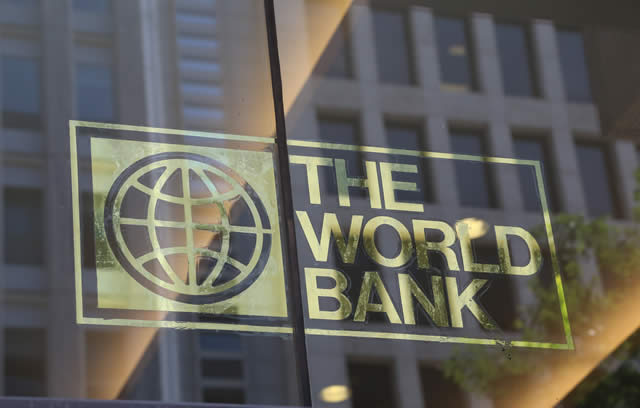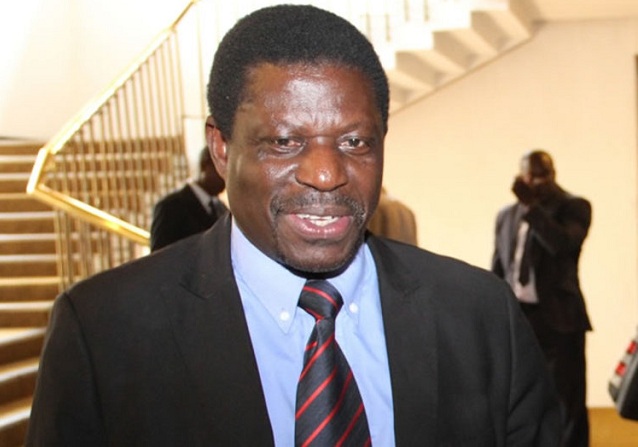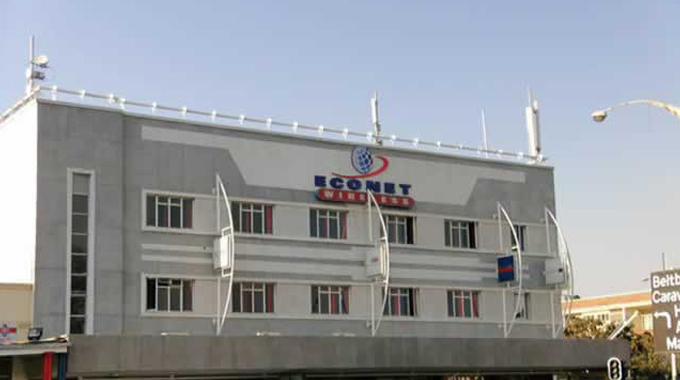World Bank advises on cash crisis

THE World Bank says the Rapid Results Approach (RRA) will help Zimbabwe find an expedient solution to the current cash shortages. The RRA is an increasingly popular method for improving performance within large organisations and multi-sectoral partnerships, which utilises specially structured, 100-day goals to accelerate change and capacity development.
The government has just completed the second phase of an RRA programme focusing on improving the country’s ease of doing business climate, which has recorded a number of major milestones. World Bank country manager for Zimbabwe Ms Camille Nuamah said the country can expedite a much-needed transition to e-commerce if they use the methodology.
“One of the outcomes of (the rapid results approach) is the broad linkage between the private sector and the government, and across the government between the agencies.
“As you go forward you can take this beyond the doing business, you can take this, for example, what is the big challenge of today? The big challenge the country is facing today is the cash shortage and an issue with moving gradually towards electronic payments,” she said at a recent workshop.
Local banks have been forced to limit the amount of cash they supply to customers to cope with the cash shortages, which have arisen out of a cocktail of factors including capital flight, money laundering and low exports and rising imports. Among some of the measures that the Reserve Bank of Zimbabwe has done to limit the impact of the cash shortages is to reduce bank charges and costs associated with usage of electronic money.
The central bank has also placed a limit on daily cash withdrawals to curb money laundering. It will also introduce a $200 million bond note facility backed by Afreximbank in the fourth quarter of this year, aimed at incentivising exporters.
But the World Bank country manager for Zimbabwe believes more can be done:
“There’s nothing stopping the government from taking this kind of collaborative exercise through to the banking sector, to the utilities, to the retailers to understand how to build and move quickly and doing business on linking electronic payments. “This is something, we’re hopeful, that you can take this kind of energy and attack other problems especially that are really current in our society today.”
Meanwhile, Ms Nuamah said results from the country’s first 100-day Rapid Results Action Plan (in respect of the ease of doing business reforms), which was launched in September last year was well received by the World Bank. “That first round of effort was a very remarkable feat and was noted in the bank and in our senior management as a really good example of an effort to pull together a whole government around these reforms.”
The RRA was developed by Schaffer Consulting, a management consulting firm based in the United States.
The model has since been adopted by the World Bank, and a number of national programmes under it are largely funded by the bank’s Institutional Reform and Capacity Building project.— BH24












Comments